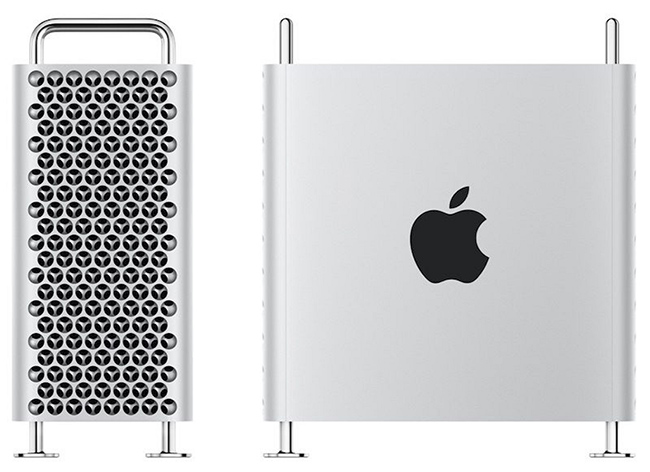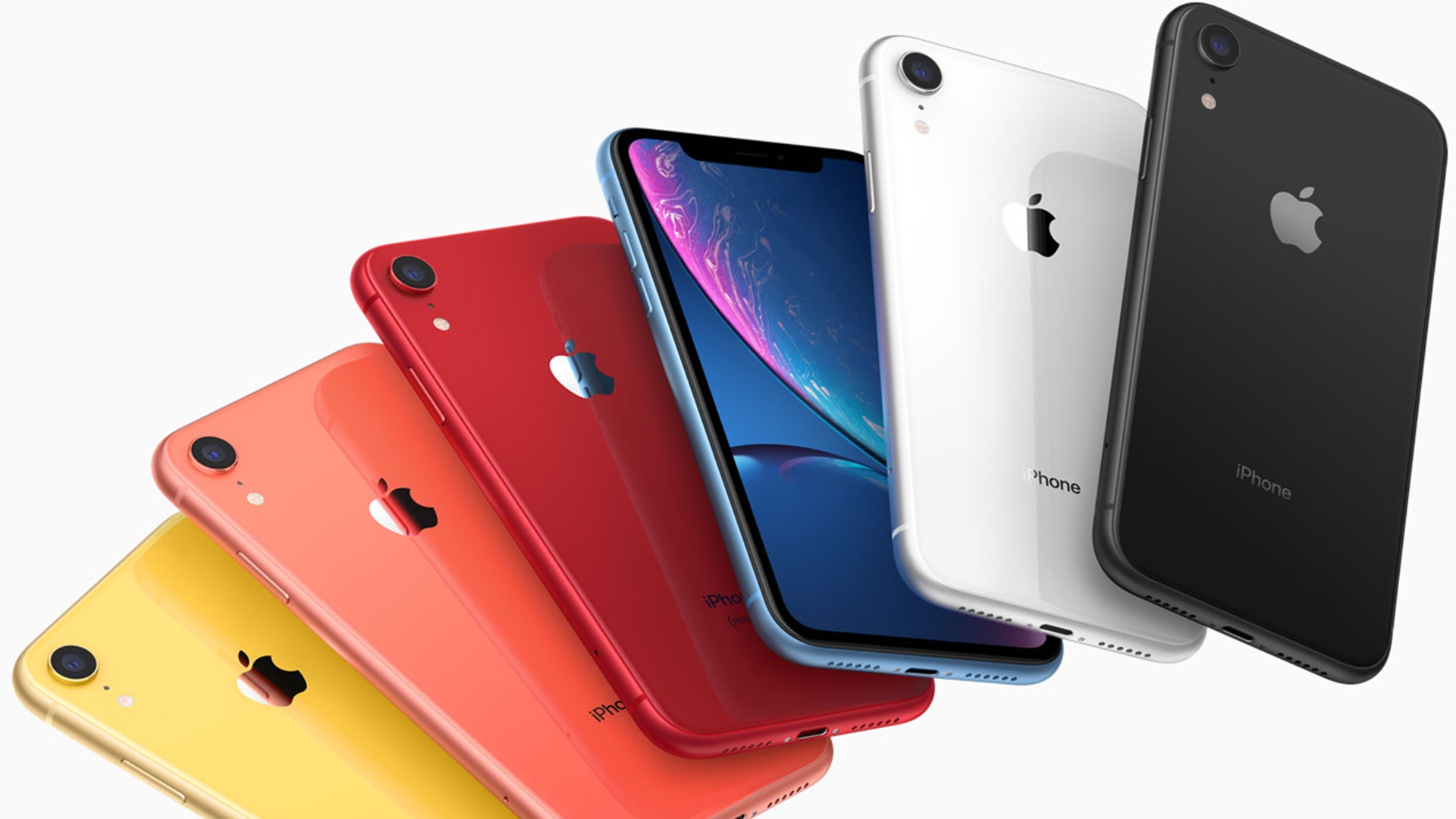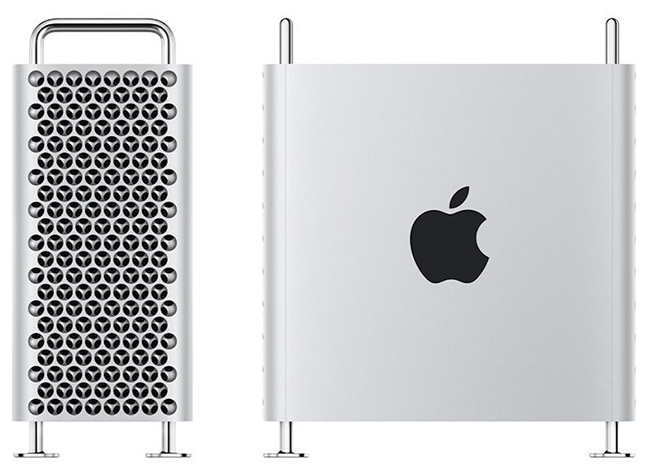
 The iPhone is what Apple is most famous for right now. But it is no longer the absolute core of its business.
The iPhone is what Apple is most famous for right now. But it is no longer the absolute core of its business.
A renewed focus on non-iPhone products and bigger R&D spending could be a sign of interesting stuff ahead from Apple.
If you want a fantastic weekly update on the fortunes of Apple, there's no better place to look than Jean-Louis Gassée's Monday Note column column. Gassée was a senior manager at Apple in the 1990s and went on to create the Be operating system, which I still remember fondly as a powerful media engine, streets ahead of other OSs at the time for media handling.
Gassée makes the point in his latest column that while most journalists see the iPhone's descent below 50% of Apple's revenue as a sign that the company is in trouble, the Cupertino company was also criticised for allowing its fortunes to be so dependent on a single product.
You can't win. At least not with this sort of narrow analysis - narrow in the sense that with a company the size of apple, unless your analysis is on a grand scale, it's probably wrong. What's more, it's a company that doesn't exactly broadcast its inner strategic thoughts, so the vast majority of what goes on, goes on invisibly.
So any sort of external analysis is only ever on a spectrum between superficial and tenuous, but that's never stopped anyone from making what can only be described as mildly informed guesses, including us.
The point is a simple one. Apple seems to be spending more time on its non-phone products. That means it's paying more attention to Macs and iPads (and watches, of course, also a significant growth area).

Apple's forthcoming new Mac Pro shows renewed commitment to media professionals
A new(ish) OS for iPads and processors that are as powerful as Macbooks put Apple's tablets into a completely different and quite new category: capable media tools that - at last - have an accessible file system. Plug an external drive in, just like media professionals do with any other type of computer, and you'll see your media there, without any of the back-breaking contortions that were necessary before. With the new set of gestures and the promise of more to come, gestural as opposed to merely touch computing looks set to evolve into a rich language that might jettison the keyboard and mouse for a way of working that's simply better. (Maybe. I still dislike editing text on an iPad, but the new gestures and cursor control could make the difference for me.)
Accompanying this renewed focus on non-phone products is the news that Apple is spending more than ever on R&D. This is incredibly important. Here's why.
When products are Good Enough
We're in an era of technology where rapid progress has led to products being "good enough". There's less incentive to upgrade when the device you have does everything so well. Can you live without some new 3D camera feature? Probably, because for most people, sharp, clear, colourful 2D pics are enough.
So to get people's money in future, Apple (and every other company in the same marketplaces) needs to develop products that are either so much better that people can't resist buying them, or which are different altogether: completely new product categories, in other words.
Either option is going to be good for media professionals. Even if some of the money is being spent on electric cars. We will probably see new and better displays, more FPGA-type technology (like the Mac Pro's optional Afterburner) and a whole raft of stuff that we have not even thought about because of Apple's secrecy. And that's without bringing AI into the conversation.
We don't know much about the electric car project, but what is already common sense is that you can't build a self-driving car (or the technology platform for one) without a huge investment in AI. That will impact everything the company does, whether it has wheels or not.
Tags: Technology


Comments